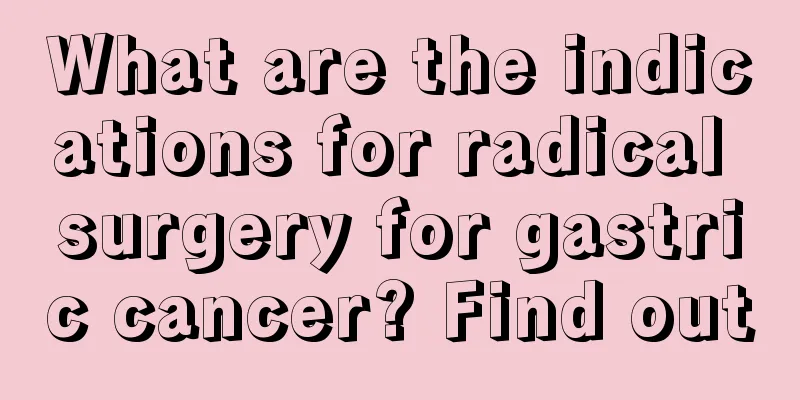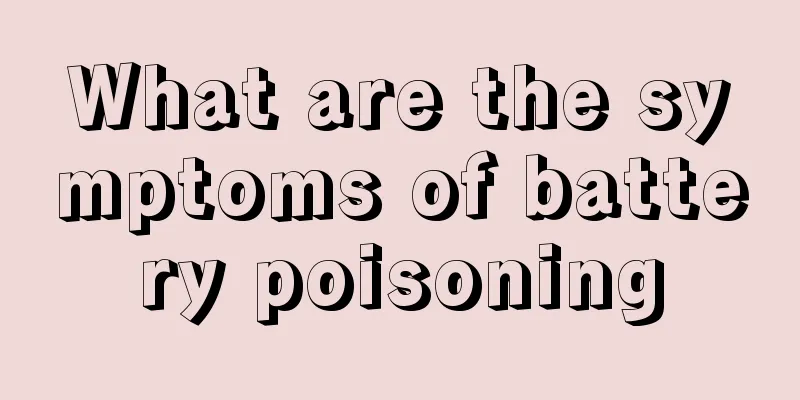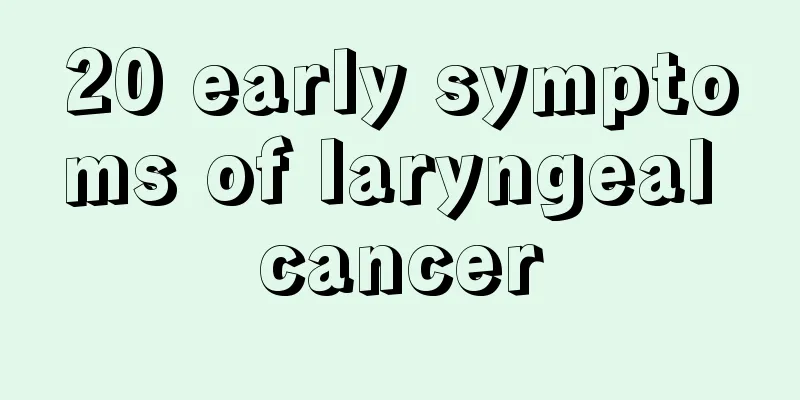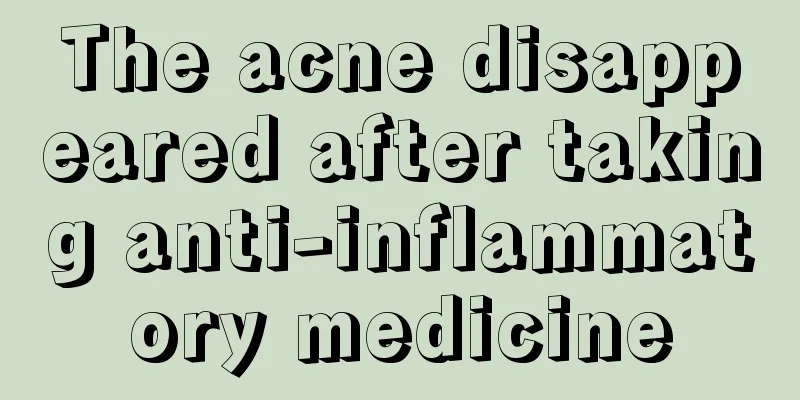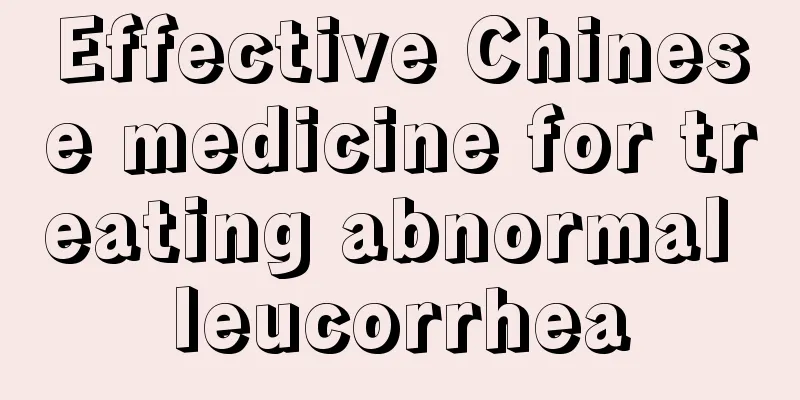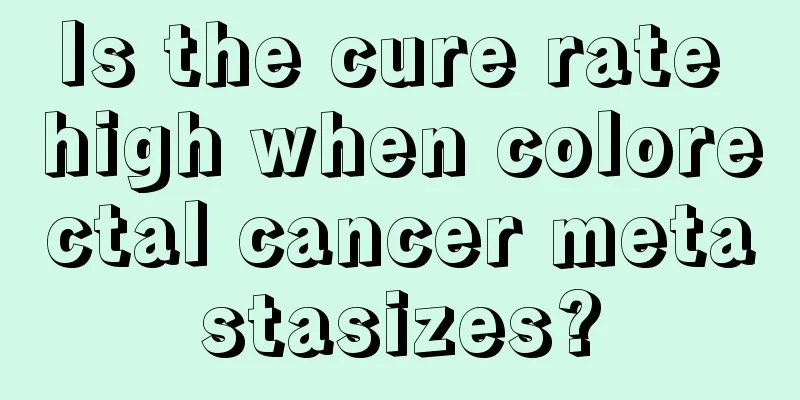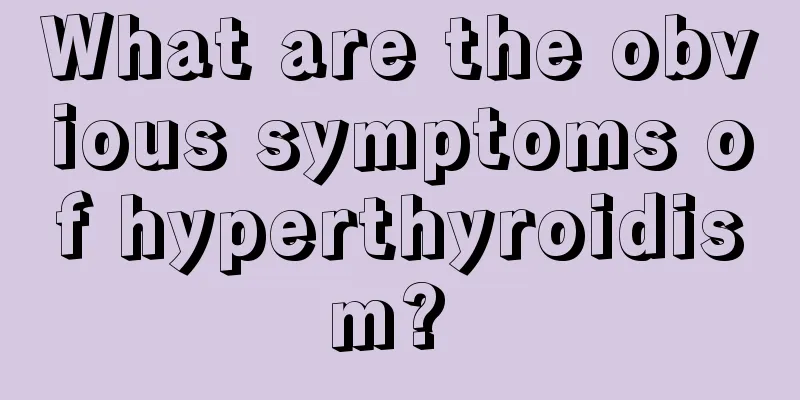Why does my tongue hurt?

|
The tongue is a special organ that we use to taste the flavor of food. Most of the time in life, we don’t pay much attention to it, unless we accidentally bite our tongue while eating. However, there are always some people who suffer from long-term tongue pain. Perhaps many people do not understand why the tongue will also experience this kind of pain. In fact, the tongue, like other parts of the body, has many nerves, and many factors can cause tongue pain. 1. Tongue pain is caused by nutritional deficiency Medical research shows that tongue pain in the elderly is often caused by factors such as vitamin deficiency, malnutrition, anemia, or the presence of some chronic infection lesions in the body. Vitamin B12 aids in the healthy functioning of the nervous system, and if levels of the vitamin are low, it can throw the nervous system out of balance. Given that the tongue is a hotbed of nerve endings, it is often the first to experience symptoms of B12 deficiency. 2. The tongue always hurts because of arteriosclerosis Because some elderly people suffering from arteriosclerosis have high cholesterol levels in their blood, which increases blood viscosity and causes microcirculation disorders in the body, the blood flow in the tongue mucosa slows down, causing the capillaries to narrow or become clogged. When local veins of the tongue are congested, pyruvic acid and polypeptide metabolites are produced. These substances stimulate the lingual nerves and cause tongue pain. 3. Tongue pain is caused by hypocalcemia Hypocalcemia, low blood calcium, is a common cause of tingling tongue. When calcium levels in the blood become depleted, one of the most widely experienced symptoms is a numbness or tingling sensation in the tongue. This condition can be as simple as the result of a vitamin deficiency or as severe as cirrhosis of the liver. 4. Tongue pain is caused by facial injury Facial nerve damage can be an unwanted byproduct of various dental procedures. The lingual nerve may be destroyed or wisdom teeth may be removed during root canal treatment. An allergy to novocaine or the lingering effects of novocaine can also cause a stinging tongue. 5. The tongue always hurts because of oral ulcers Mouth ulcers are very common. The cause is not fully understood, but increased pressure can make it worse and increase the pain. Eating more fruits and vegetables and supplementing vitamins can effectively prevent oral ulcers. |
>>: What is the reason for the left headache
Recommend
Why do we need to check the clavicular lymph nodes for breast cancer
The purpose of checking the clavicular lymph node...
What kind of examination is better for liver cancer
Liver cancer is a relatively serious disease, and...
What are the harms of hair dyeing and perming to the body
Dyeing and perming hair has become a fashion, so ...
What are microwave ovens used for?
Microwave ovens are a common appliance in home ki...
Experts explain in detail the causes of liver cancer
Liver cancer is a fatal malignant tumor disease, ...
Can bitter melon and shiitake mushrooms be eaten together?
When it comes to bitter melon, I believe many peo...
How to prevent hair loss and regrow hair?
In our daily life, we often see some friends with...
What are the complications of advanced prostate cancer?
Prostate cancer is one of the leading causes of c...
Will thyroid cancer cause pain on the left side of the neck?
Whether a thyroid cancer patient will experience ...
How long can you live with ovarian tumor
Ovarian tumors are usually more common in menopau...
What medicine is good for treating rectal cancer with traditional Chinese medicine
What medicine is good for rectal cancer in tradit...
What are the adverse effects of low thyroid stimulating hormone
If the thyroid-stimulating hormone is low, it may...
What is the clinical significance of creatinine clearance
Creatinine is a metabolic product of creatine. Cr...
What is the best way to treat love phobia?
Many people have a fear of falling in love in nor...
Is it right or wrong to drink water on an empty stomach in the morning
1. Is it right or wrong to drink water on an empt...
